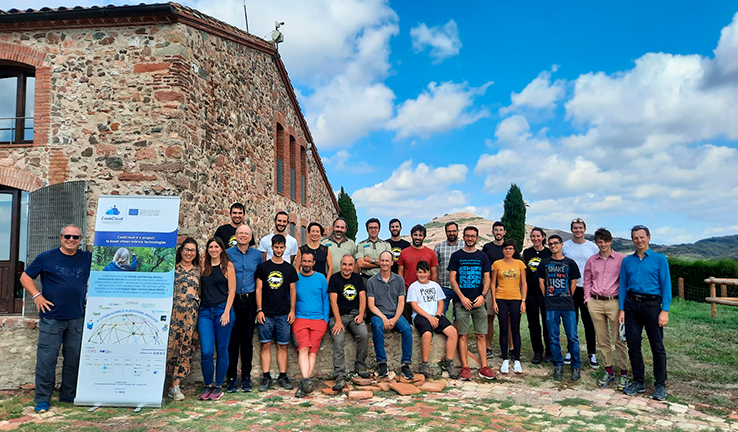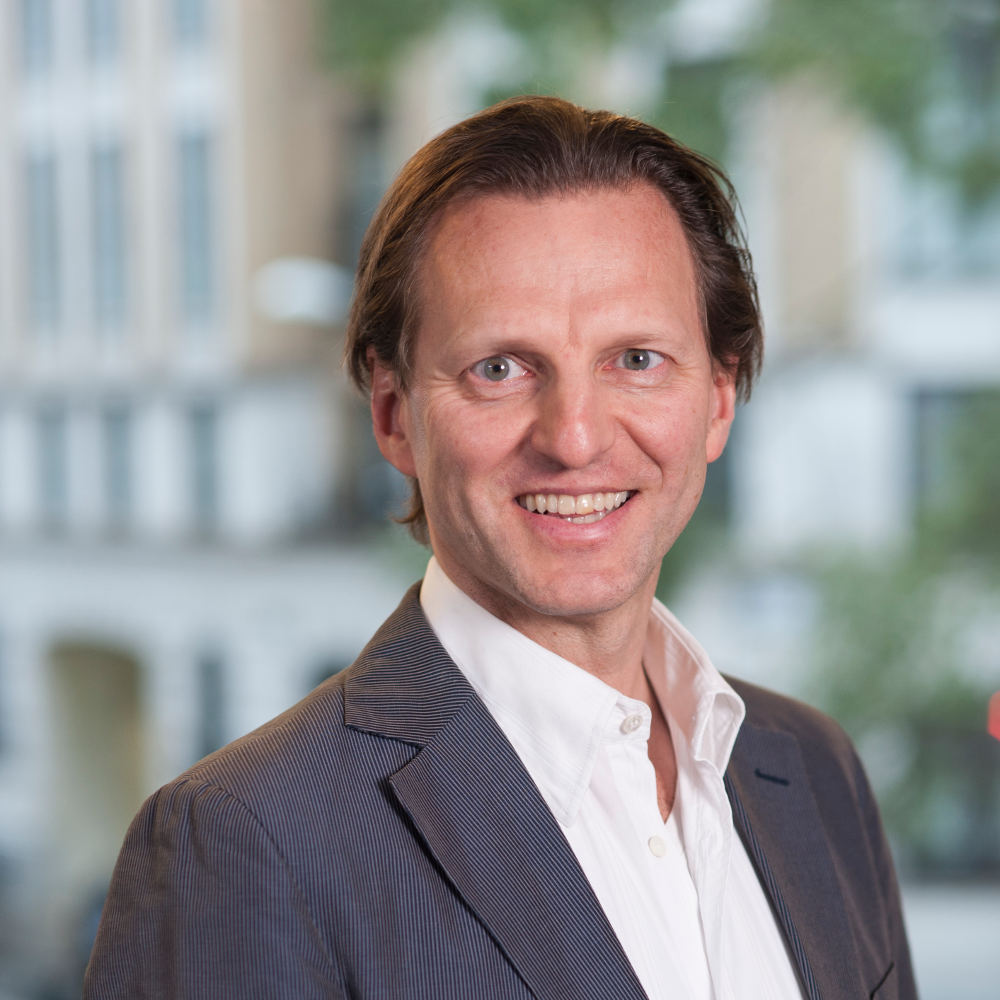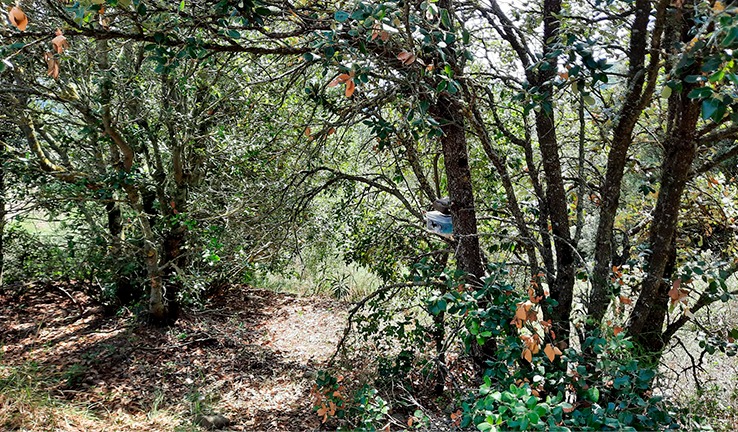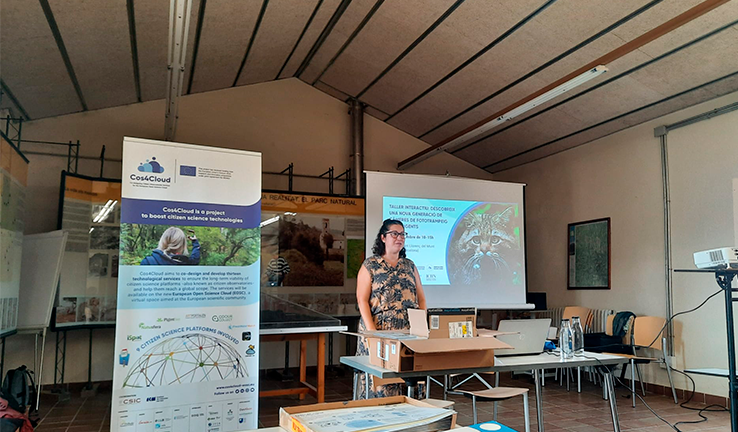To test FASTCAT-Egde, a service to build a do-it-yourself camera trap that records videos and pictures of wildlife activity, and FASTCAT-Cloud, a website service to upload and analyse nature videos and pictures coming from camera traps, Cos4Cloud organised a workshop with participants from the Catalan FELIS group on the 17th of September. The workshop was held in the natural park Sant Llorenç del Munt i l’Obac (Barcelona, Catalonia).

‘FELIS’ is a project coordinated by the Catalan Institute of Natural History that uses camera traps to monitor Catalan mammals, focusing on the wildcat (Felis silvestris). Moreover, with the images collected, they want to contribute to a new mammal atlas that the Observatory of Natural Heritage and Biodiversity of Catalonia is doing.
During the workshop, FASTCAT’s developers, Frederic Fol Leymarie, Stefan Rueger and Ross Gardiner, from DynAikon company, presented the services and their advantages compared to other camera traps and services. The coordinators of the FELIS project: Joana Bastardas Llabot, Marc Vilella Antonell, Ferran Sanyol and Roger Puig-Gironès, also explained their project, objectives and uncovered needs when using a camera trap. In addition, Jaume Piera, researcher at the ICM-CSIC, associate researcher at CREAF and the Cos4Cloud coordinator, gave a short talk about Cos4Cloud and Carlos Rodero, ICM-CSIC researcher, explained what a Raspberry Pi is.
The activity was divided into two practical exercises (1) follow the guidelines to test FASTCAT-Cloud with some Catalan mammals images and (2) try to build and use a FASTCAT-Edge camera trap indoors and outdoors. The main objective was that the participants assessed these two services and gave feedback. Sonia Liñán, Karen Soacha, both ICM-CSIC researchers and part of the Cos4Cloud coordination team, Miguel Hernández from Science for Change and Ángela Justamante from CREAF, acted as facilitators of this practical part.

‘We had a great day, the opportunity to get our systems tested directly from our targeted community. The participants’ feedback will help us to keep improving our services!’
Frederic Fol Leymarie, co-director and co-founder of DynAikon and professor at the University of London.



















